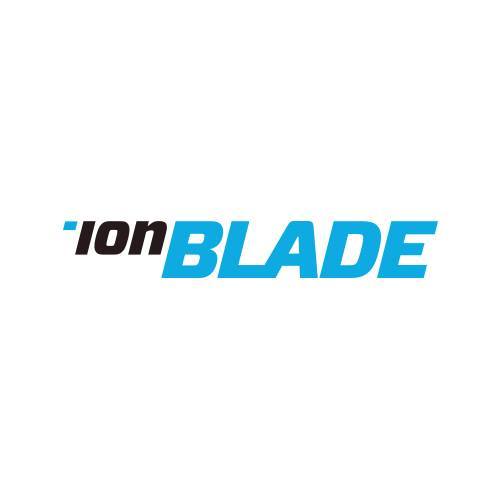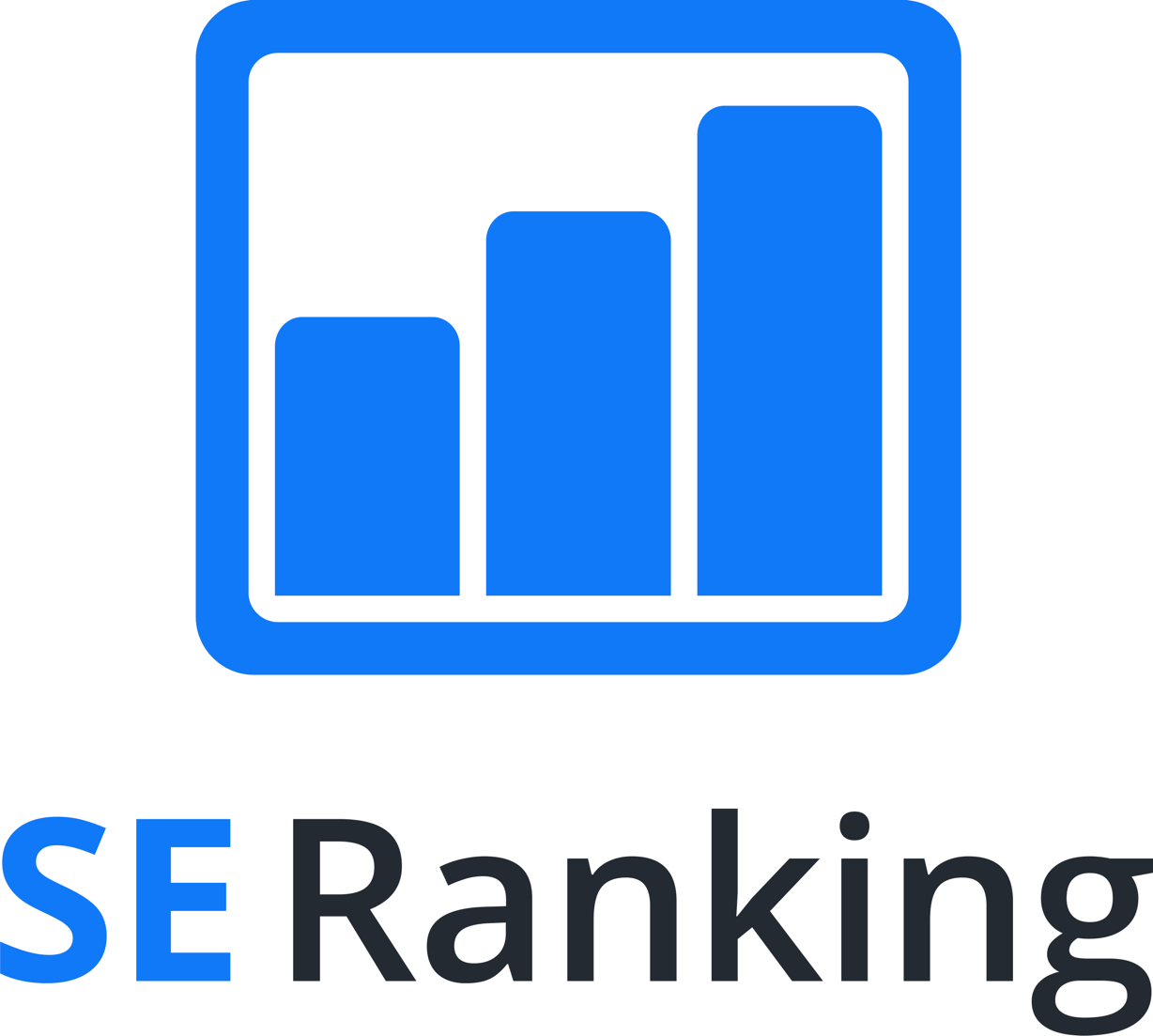What Are the Recent Trends in Website Optimization Tools?
Website optimization tools are now a must-have for businesses and website owners that want to boost their online presence and get more visitors. As technology changes, so do website optimization solutions to fit the needs of the market.
Here are some new trends in tools for optimizing websites that you should think about before you buy anything.
1. Focus on making things work better on mobile Most people who use the internet now do so on their phones, therefore website optimization tools have changed their attention to mobile optimization. This means making sure that websites work effectively on smaller screens and load quickly on mobile devices, as well as making the experience better for users.
2. Features for personalization To stand out in a crowded online arena, businesses are using personalization features more and more to give their website users unique and individualized experiences. Website optimization solutions now come with features like dynamic content, A/B testing, and personalized recommendations that can help keep users interested and increase sales.
3. Working together with AI (artificial intelligence) AI technology has been making a big impact on many fields, and website optimization tools are no exception. These solutions can employ AI algorithms to look at how users behave and make judgments based on that data to improve website performance. This can help companies get better results while saving time and money.
4. Adding Voice Search Optimization As more and more people use voice assistants and smart devices, website optimization solutions have begun to include voice search optimization as a function. This means changing the content and structure of a website to make it easier for voice search users to find and use it.
5. More focus on how the user feels User experience (UX) has always been an important part of optimizing a website, but it has become even more so in the last few years. Website optimization tools today include things like heat maps, recordings of user sessions, and systems for getting feedback from users.
These tools help organizations figure out how people use their websites and make changes as needed.
Benefits of Using Website Optimization Tools
If you want to boost your internet visibility, website optimization tools are a great thing to have. These tools are made to make a website look and work better so that more people will visit and stay on it.
We'll go over the pros of using website optimization tools in our buyer's guide so you can make an informed choice and pick the one that works best for you.
1. Faster Loading: One of the best things about using website optimization tools is that they make pages load faster. If your website is slow, it can have a big effect on your online presence because more and more people want fast and smooth user experiences. Tools for optimizing websites can find and address problems that can be slowing down your site, like big images, extra plugins, and code that is too big.
2. Better User Experience: A well-optimized website gives users a better experience, which is very important for any website's success. You can utilize website optimization tools to make your site easier to use by improving the layout, design, and navigation. This can make users more interested and lower the bounce rate, which will lead to more conversions in the end.
3. Mobile-Friendly Optimization: In this digital age, it's no longer a choice to have a website that works on mobile devices; it's a must. Most people who use the internet do it on their phones, therefore it's important to have a website that works well on different screen sizes and devices. Tools for optimizing websites can assist make sure that your site works well on all devices and gives users a smooth experience.
4. Search Engine Optimization (SEO): Tools for optimizing websites can have a big effect on your site's search engine rating by improving things like titles, meta tags, and image alt tags. These tools can also give you tips and advice on how to improve your website's overall SEO strategy, which will help you get more organic visitors.
5. Cost-Effective: Buying tools to optimize your website can be a cheaper way to make adjustments than hiring a web developer or designer. These programs are usually easy to use and have a lot of features that can help you save time and money in the long run.
6. Competitive Edge: In today's online world, when there is a lot of competition, having a well-optimized website can provide you a big advantage over your competitors. You can keep your website running at its best by using website optimization tools. This will help you stay up to speed on the newest trends and technologies.
Important Factors to Consider While Purchasing Website Optimization Tools?
To make sure you are getting the best deal for your business when you buy website optimization tools, you need think about a few critical things. These things will help you pick the best tool for your needs and make sure you get the most for your money.
1. Your Business Goals: Before you buy any product to improve your website, you need to know what your business goals are. What do you want your website to do? Do you want to get more visitors, get more people to buy something, or make the site better for users? You can limit down your choices and pick a tool that fits your needs better if you know what you want to achieve.
2. Features and Functionality: Not all website optimization tools are the same, so it's crucial to look into and compare the features and functionality of each one before you buy it. Think about what the tools can do for A/B testing, analytics, SEO optimization, mobile optimization, and other things. You will be able to make a better choice if you know which qualities are most important to your business.
3. simplicity of Use: The simplicity of use of the website optimization tool is another important thing to think about. You need a product that is easy to use and understand, with a clear and simple UI. This will save you time and trouble, and it will also make sure that you and your team can easily use the product to its fullest.
4. Compatibility: You need to be sure that the website optimization tool you are thinking about will work with your website platform and any other technologies you are already using. This will stop any technical problems or compatibility problems that could make the optimization tool less useful.
5. Price and Value: Of course, the price is always a factor when you buy something. But it's vital to not just look at the price; you should also think about how useful the tool is. Don't just look at the initial cost; think about the long-term benefits and possible return on investment (ROI) of the optimization tool.
6. Customer Support: When you buy a product for your business, it's important to be able to get help from someone who knows what they're doing. Find website optimization solutions that come with a dedicated support team and resources like tutorials, FAQs, and live chat help.
This will make sure you have the help you need when you use the tool. You may easily choose the greatest website optimization solution for your business needs if you think about these crucial things. Every business is different, so take the time to look into and evaluate several possibilities to find the one that works best for your needs and budget.
What Are the Key Features to Look for in Website Optimization Tools?
If you want to boost your online presence and get more people to visit your website, you need website optimization tools. It might be hard to choose the perfect tool when there are so many on the market.
Here are the most important things to look for in a website optimization tool to help you make an informed choice:
1. straightforward to Use Interface: The tool should have an interface that is straightforward to understand and use, so you can find your way around and use it. There shouldn't be a steep learning curve, and even people who are new to it should be able to utilize it easily.
2. A/B Testing: A good tool for optimizing a website should let you do A/B testing. This feature lets you try out several versions of your website to see which one works best. It also helps you make smart choices about how to improve your site for better results.
3. Speed Optimization: Studies have shown that how fast a website loads is very important for the user experience and can have a big effect on your website's rating. So, to speed up your website's loading time, seek for a solution that has features like image compression and code minification.
4. Mobile Optimization: Since most online traffic comes from mobile devices, it's important to pick a product that has mobile optimization features. This includes responsive design and layouts that work well on mobile devices to make sure your website is easy to use and works well on all devices.
5. SEO Analysis: Search engine optimization (SEO) is an important part of making your website work better for search engines. Find a tool that does a full SEO analysis to find areas that need work and gives you strategies you can take to improve your website's search engine rating.
6. Customization Options: A decent optimization tool should let you change things to fit your needs because every website is different. This could mean being able to change things like fonts, colors, layouts, and more.
7. Analytics in Real Time: You need to pick a solution that gives you analytics in real time. This lets you see how your website is doing and how adjustments you make right away affect it. Real-time analytics also let you make decisions based on facts that will help you enhance your website over time.
8. Support and Resources: The amount of support and resources provided by the tool supplier is another important thing to think about. Look for a product that has a lot of documentation, tutorials, and customer support to help you learn how to use it and get the most out of it.
What Is the Level of Customization Available in Website Optimization Tools?
Depending on the tool and its capabilities, the level of customization in website optimization tools might be different. Most good technologies, on the other hand, let organizations customize their optimizations to fit their own needs and goals. When looking for website optimization tools, you should look for things like A/B testing, personalization, and segmentation.
Businesses may test, target, and customize their optimizations based on specific KPIs and audience groups with these tools. Businesses can use A/B testing to see which version of their website works better by trying out different layouts, designs, or copy. This feature gives them useful information about what works for their audience, which lets them make personalized improvements.
Businesses can use personalization features to give each visitor to their website a unique experience based on their browsing habits, demographics, and other information. This makes the experience more personal and targeted, which raises the odds of conversion. With the segmentation tool, you can further customize your website by putting users into distinct groups based on things like where they are, what they do, or what they are interested in.
This lets firms send targeted material to specific groups, which makes it more likely that people will buy something. In addition to these advantages, website optimization tools come with a number of settings and choices that may be changed, like customisable landing pages, forms, and calls to action. These solutions also give firms thorough statistics and analytics so they can see how they're doing and make more changes based on what they learn.
In general, website optimization tools offer a lot of options for personalization. It lets businesses make their improvements fit their goals and audience, which makes their website more effective and useful. When picking a website optimization tool, you should think about how customizable it is and whether it fits your business's demands and goals.
Which Industries Can Benefit the Most from Website Optimization Tools?
Businesses of all sizes need website optimization tools, but some industries can get even more use out of these sophisticated tools.
Let's look at which businesses may get the most out of using website optimization tools in their online plans.
1. Online shopping: E-commerce companies depend on their websites for a lot of their sales and income. Because there is so much competition in online purchasing, it's important to have a website that works well. E-commerce enterprises can utilize website optimization technologies to make their sites load faster, work better for users, and work better overall. This can result in better client satisfaction, more sales, and higher conversion rates.
2. Healthcare: More and more, patients are using the internet to look up information and make appointments in the healthcare field. In the healthcare business, where there is a lot of rivalry, having a fast and easy-to-use website is important for getting and keeping people. Tools for optimizing websites can assist healthcare providers get their sites to show up higher in search engine results, making it easier for patients to find them online.
3. Travel and hospitality: The travel and hotel business depends a lot on their internet presence to get and keep clients. A website that isn't optimized will turn off potential clients, which can mean lost reservations and money. Travel and hospitality organizations can use website optimization tools to make their sites work better, which makes it easier for clients to find, book, and pay for their services online.
4. School: More and more schools are using online learning, so it's important for their success to have a well-optimized website. Schools can employ website optimization technologies to make their sites easier to use, faster, and better for everyone. This can lead to more students signing up, happier students, and a better internet reputation.
5. Property: The real estate market is quite competitive, so it's important to have a good web presence to get potential buyers or tenants. If your website is slow or not well-optimized, it could turn away potential leads. Real estate companies can use website optimization tools to make their websites work better, which makes it easier for customers to search for, see, and ask questions about properties online.
Conclusion
In a nutshell buying tools to optimize your website can help your business a lot by making it work better and making it easier for people to use. You can pick the ideal tool for your needs and budget by doing a lot of research and figuring out what you need.
When making a decision, it's important to think about the tool's features, how easy it is to use, how good the customer service is, and how much it costs. You should also use reviews, case studies, and demos to see how well the technology works. Don't forget to check the tool's performance on a regular basis and make any changes that are needed to make sure it keeps helping you reach your website optimization goals.
In the end, the correct website optimization tool may help your site get more visitors, convert more visitors into customers, and be more successful overall. You can keep ahead of the competition and give your customers a smooth browsing experience if you have the correct tools. So, pick carefully and use the proper website optimization tool to make your website work better.






















